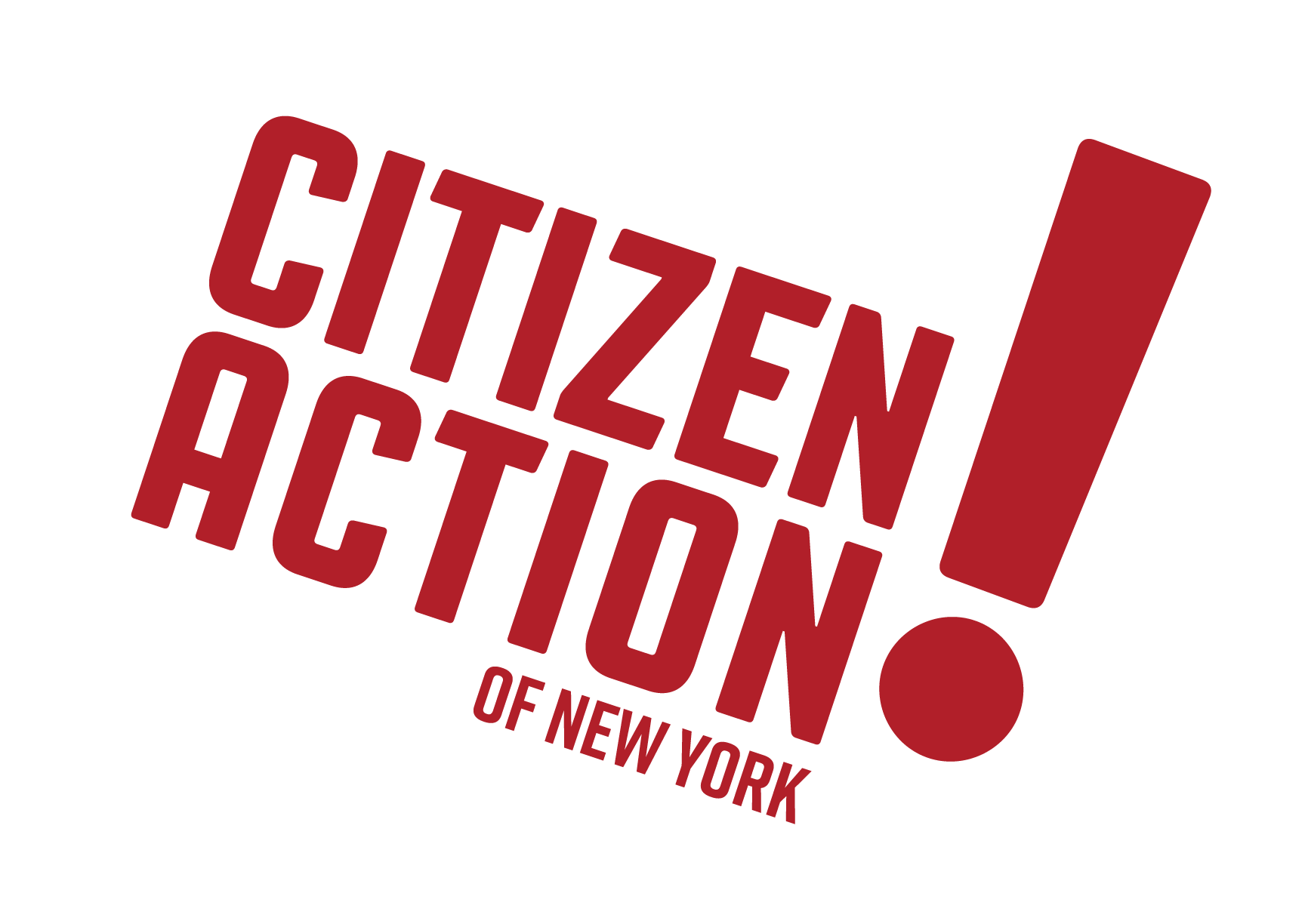Findings Show Low-income Families are Taking on Higher Levels of Debt to Make Ends Meet
Kingston, NY – A new report released Friday by Citizen Action of New York and the Alliance for a Just Society shows that New York State’s failure to raise the minimum wage is forcing families to take on high levels of debt to pay for essentials like health care, education and transportation.
The groups were joined by New York State Senator Cecilia Tkaczyk and local labor and faith leaders in calling for an increase to the current $8 an hour minimum wage.
“More than 55 percent of minimum wage workers are women, many of them with children,” State Senator Cecilia Tkaczyk said. “Senate Democrats called for an increase in the minimum wage to $10.10 per hour to help those families struggling to provide their children with decent housing, clothing and food. An increased wage would also help stimulate the local economy, because when working people have more money to spend, they spend it right in the community on basic necessities. That helps small, local businesses grow and create jobs.”
“Families Out of Balance,” the first report in the 2014 Job Gap Economic Prosperity Series, produced by the Alliance for a Just Society, a national organization based in Seattle, Wash., found that a living wage in Ulster County ranges from $18.74 per hour for a single adult to $37.12 for a single adult with two children.
A living wage is the hourly pay needed to cover the cost of housing, food, utilities and other expenses, including modest savings.
“Even working two jobs, it’s hard for me to make ends meet. To work, I need a car and have to make payments,” said Mandi Sheriden. “I don’t have health care and am still paying off medical bills. I just paid off an $800 hospital bill and I am currently paying $300 for a doctor’s note that I needed to return to work.”
Nationally, the report reveals a shocking disproportionality in the burden of debt shouldered by low-income families, compared to wealthier families.
Despite having far less income for each dollar of debt, the study shows that 89 percent of low-income families prioritize making debt payments on time – sometimes going without food, heat or other basic necessities.
“An $8 an hour minimum wage means that families here in Ulster County are having to make impossible choices about what basic essentials to cut from their budgets — savings, health care or even food,” said Tracy Givens-Hunter of Citizen Action of New York. “We need elected officials in Albany who will stand with us and lift up working families by raising the minimum wage.”
Research in “Families Out of Balance” will be critical as policy makers debate minimum wage increases. While Seattle recently set the bar with a $15 minimum wage, others, including the federal government and New York State, haven’t kept up.
The study finds that even $15 an hour doesn’t cover the true cost of living. In the 10 states studied for the report, that amount would only meet the living needs of a single adult without children in two states: Idaho and Montana.
“It’s time for us to hold accountable those elected leaders who’ve chosen to keep the minimum wage as minimum as possible. Those same individuals are often the ones who have benefitted financially from such policies,” said John O’Malley of the Communication Workers of America.
“Hard working families and young adults in the Hudson Valley and across the State are struggling to pay their ever-increasing student loan debt, car payments, utility fees, health care bills and virtually every other cost associated with basic living. These expenses grow higher and higher by the day,” said Assemblymember Kevin Cahill. “That is why the New York State Assembly and I have proposed legislation that raises the minimum wage to $9 by December of 2014 and bumps that figure to $10.10 the following year. After that and forever more, our legislation would index minimum wage to the rate of inflation. Passing this measure is critical to giving New Yorkers the pay equity they deserve, while providing all workers with a reasonable minimum exchange for their labor.”
“I see the effects every day of our low minimum wage on the line at the soup kitchen. It’s not right that a hard day’s work still means not being able to sustain a family,” said Diane Kelley, pastor at the Clinton Avenue United Methodist Church.
“It’s outrageous that our nation’s leaders have failed to increase the federal minimum wage for five years. They are failing our families, and they are creating an economic and social disaster,” said LeeAnn Hall, executive director of the Alliance for a Just Society. “Lifting the minimum wage to a true living wage is the first step to giving all families a level playing field.”
Families out of Balance: How a living wage helps families move from debt to stability
